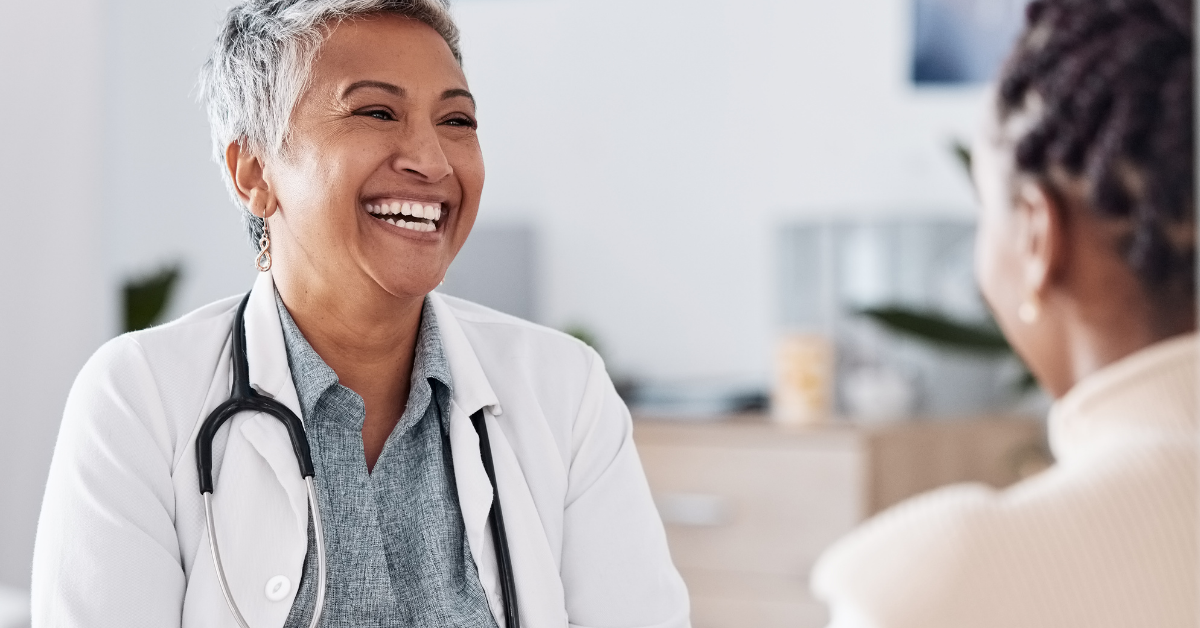This message from MAFP President Andrew Slattengren, DO, FAAFP, to family physicians across Minnesota, originally appeared in the fall publication of Minnesota Family Physician.
Even as family physicians demonstrate their adaptability to changes in health care delivery, our resilience is being tested with a barrage of seemingly endless hits from 2020 that include the ongoing COVID-19 pandemic, fears of a “twindemic,” decreased patient volume and associated furloughs, pay reductions and uncertainty of what our practices will look like moving forward.
Additional societal stressors have included a highly divisive election season, ongoing protests and counter-protests around issues of racism, historic wildfires, record-high food insecurity and the death of an iconic Supreme Court justice.
These realities are compounded by changes in our work support networks that are so important in maintaining wellbeing. Many of us are hurting in ways unseen behind our masks and visors.
How can we respond to support ourselves and our colleagues when we have not experienced anything like this before?
SODOTO is a place to start.
William Stewart Halsted, MD, became the first chief of surgery at Johns Hopkins Hospital in 1890. Halsted’s model of “see one, do one, teach one” (SODOTO) was used in his residency program to increase clinical competence that culminated in near independence. Halsted was interested in not only developing a system to train surgeons, but also in creating teachers and role models.
A century later, education theorist David Kolb, PhD, put forward his experiential learning theory, which defines learning as “the process whereby knowledge is created through the transformation of experience. Knowledge results from the combination of grasping and transforming experience.” Simplified, Kolb’s continual cycle of learning by doing involves observation (see one), thinking, action (do one) and experience (teach one).
One way we can all take action is to reach out to current colleagues to check on their wellbeing. If that feels too vulnerable, reach out to someone you feel more comfortable with first—a mentor, past residency colleague or medical school friend.
I recently received the following text from a colleague: “Just checking in. How are you holding up? I don’t know if you have anyone checking in with you regularly, since you’re often the strong one, and you deserve to be checked on too.”
This “see one” really hit home and primed me to reflect on how I was really doing and what other supports I needed in my life. After that thinking phase, I reached out to multiple colleagues (do one) with similar messages and that has led to fruitful conversations that have built up my hope in the face of all we are experiencing.
As a “teach one,” I share today’s message in the hopes that you, too, can start to fill your cup of hope back up.
“Optimism is the faith that leads to achievement. Nothing can be done without hope and confidence.” -Helen Keller
Author: Andrew Slattengren, DO, FAAFP, MAFP President, @broadwaydo


